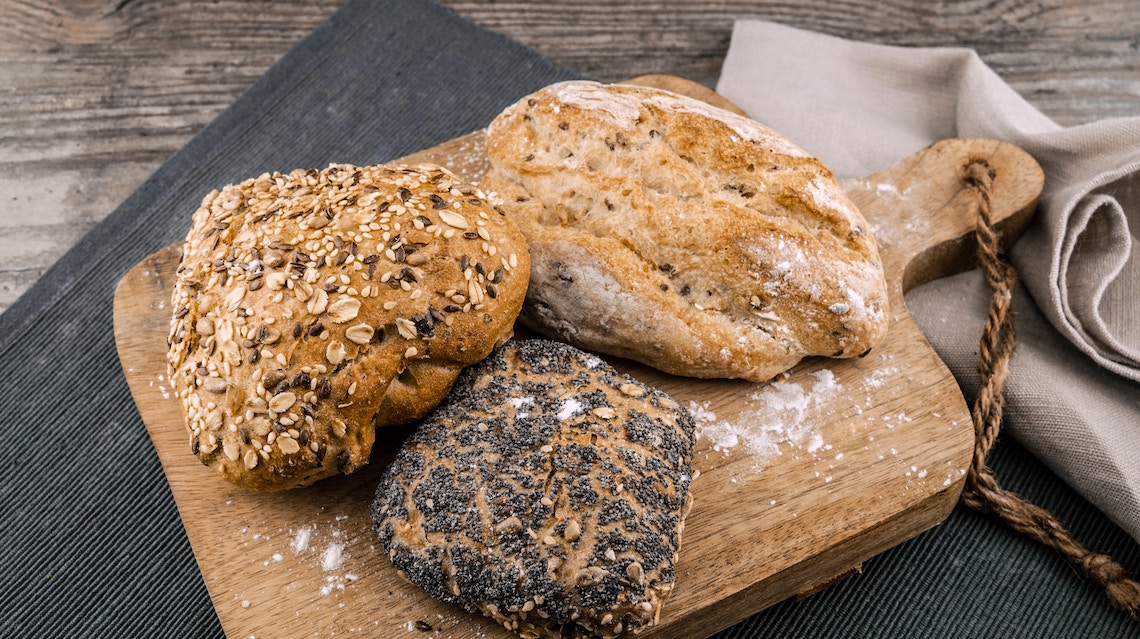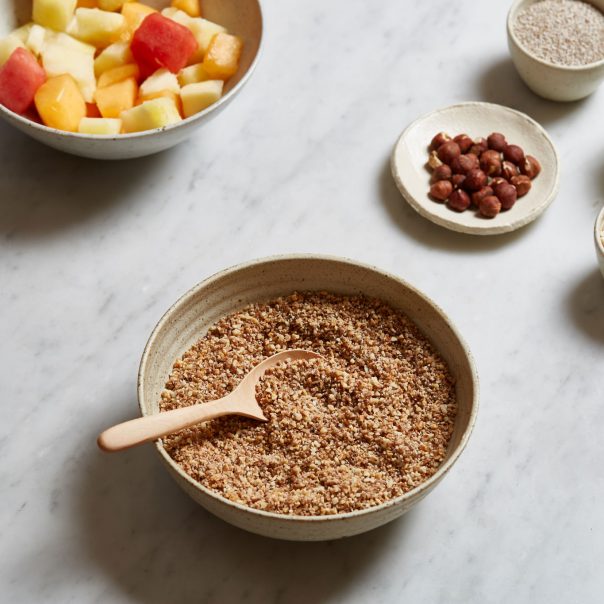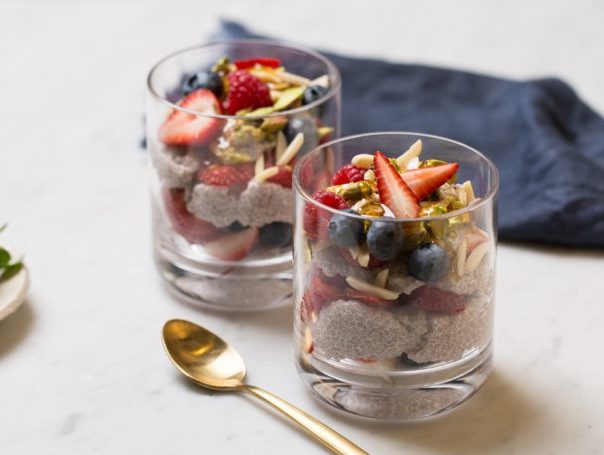Public health guidelines from the US Food and Drug Administration (FDA) advise Americans to eat between 20 and 30 grams of fiber a day, but most adults don’t even eat half that much. Fiber plays an essential role in our digestive, heart and skin health, which is why we’re encouraging you to join us in celebrating #FiberFebruary and up your fibre intake!
Fiber is a type of carbohydrate found in plants like fruits and vegetables, as well as grains and seeds like chia, oats and barley. Here are 8 reasons why we love fibre, and why you need to make it a priority in your daily diet ASAP:
1. Reduced risk of Type 2 Diabetes
Many studies have shown the connection between fiber consumption and a decreased risk of Type 2 Diabetes. Researchers attribute this to the fact that fibre not only helps keep blood sugar levels steady, but it also helps in healthy weight management.
2. For a healthy heart
Did you know that with every 7 grams of fiber you consume daily, your chances of developing a heart disease falls significantly? Fiber helps to promote a healthy heart by reducing blood pressure, reducing inflammation, and lowering cholesterol.
3. Blood sugar control
Soluble fiber has been shown to slow your body’s breakdown of carbohydrates and the absorption of sugar, helping with blood sugar control.
4. Digestive health
Diets high in fiber have been shown to promote healthy gut bacteria, which is key to digestive health as well as reducing the inflammation that causes a host of health issues like arthritis and IBS. A high fiber diet may also lower your risk of developing haemorrhoids.
5. Weight management
High fiber foods tend to be slower to breakdown and more filling than low-fiber foods, so you’re likely to eat less and stay satisfied longer.
6. Lowers risk of cancer
Evidence suggests that fiber (especially insoluble fiber) has the potential to reduce the risk of certain cancers, particularly colon cancer.
7. Lowers cholesterol
Soluble fiber found in chia, oats, and beans can help to reduce the absorption of dietary cholesterol and reduce the level of bad (LDL) cholesterol.
8. Reduces constipation
It’s not something pleasant to talk about, and constipation is even less pleasant to experience… But it is a common issue. Fiber can help make bowel movements softer, bulkier and more regular, relieving constipation.


